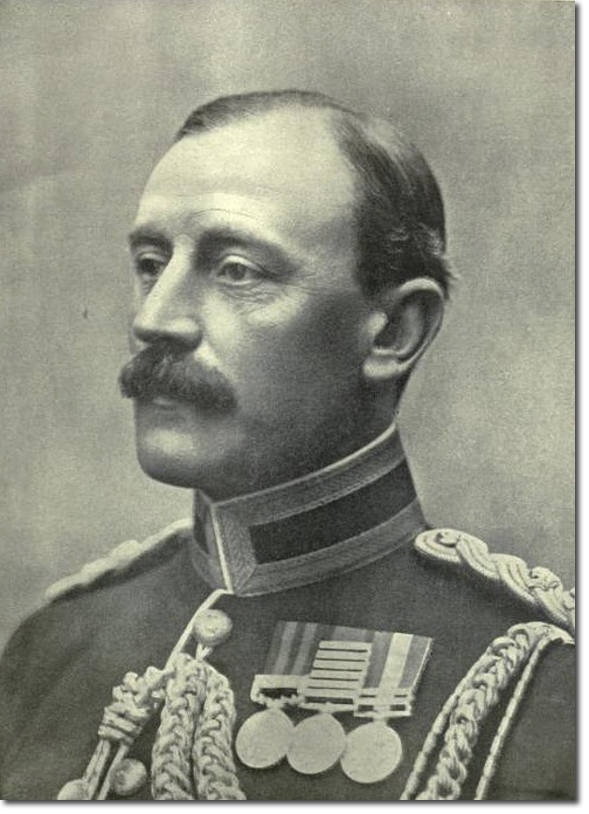|
|


|
|
Walter Pipon Braithwaite was born on 11 Nov 1865, in Alne, North Yorkshire. His father William was a clergyman and his mother was Laura Pipon. There were 12 children, of which Walter was the youngest. After Sandhurst he was commissioned into the Somerset Light Infantry in 1886. In 1895 he married Jessie Ashworth and they had one son, Valentine who was killed on the Somme on 1 July 1916. Walter saw much action in the Boer War and afterwards served on the staff of Evelyn Wood. In 1906 he transferred to the Loyal North Lancashire Regiment and was an instructor at the Staff College, Camberley being later appointed commandant of the Staff College, Quetta until it closed down in 1914.
In WW1 he started badly but ended much better. His first posting was to the Dardanelles as Chief of Staff to Ian Hamilton. He was not well regarded by the Australians. One of their officers, John Gellibrand who Walter had taught at staff college was quoted as saying that Braithwaite was arrogant and incompetent, with the 'mind of a waiter' meaning that he was only anxious to please influential people. Hamilton, however, spoke well of him, referring to him as his 'rock'. The expedition was a failure and Braithwaite was recalled and sent to the Western Front in command of the 62nd (2nd West Riding) Division, made up of territorial units. They struggled to make headway in the Battle of Arras but the following year they repelled German advances at Bullecourt and Cambrai. Braithwaite was given command of IX Corps and at the end of September 1918 they achieved a brilliant victory at Bellenglise. Haig ordered them to break through the Hindenburg Line despite previous unsuccessful effort by the Americans. The spearhead was led by the 46th (North Midland) Brigade who were required to swim across an ice-cold canal. The North Staffords overran the German machine-gun positions and 5,000 prisoners were taken. The division captured 1,000 machine-guns and Braithwaite basked in plaudits from Haig and other high-ranking generals. After the war Haig commissioned him to prepare a report evaluating the performance of staff officers during the war. He held various posts after the war, in India and in Britain. He was Adjutant-General to the Forces in 1927 and retired in 1931. The loss of his son, who had served in the Somerset Light Infantry, hit him hard and he burned all his family papers. He was appointed Colonel of the regiment on 30 July 1929 and was Governor of the Royal Hospital, Chelsea from 1931 to 38. In 1933 he held the post of King of Arms of the Order of the Bath until his death on 7 September 1945. He died at his home in Rotherwick, Hampshire. |
Armed Forces | Art and Culture | Articles | Biographies | Colonies | Discussion | Glossary | Home | Library | Links | Map Room | Sources and Media | Science and Technology | Search | Student Zone | Timelines | TV & Film | Wargames